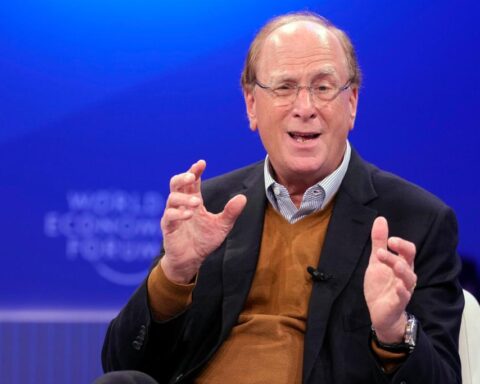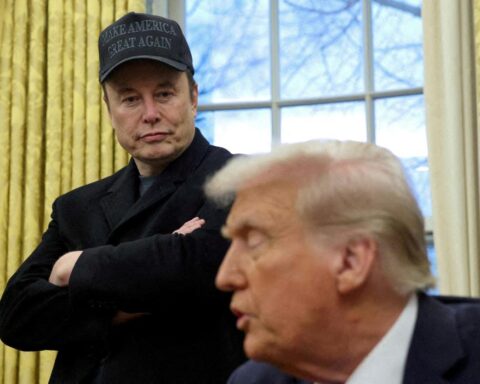Google, Microsoft, and Meta Lead Big Tech’s Outreach Amidst Antitrust Concerns and Policy Shifts
In a striking show of financial support, tech giants Google and Microsoft have each pledged $1 million to President-elect Donald Trump’s inaugural fund for 2025. This contribution underscores the growing engagement of technology firms with political administrations as they navigate regulatory scrutiny and policy challenges.
Google confirmed its donation through Karan Bhatia, the company’s global head of government affairs, who noted the tech leader’s ongoing efforts to promote civic engagement. The company will also livestream the inauguration on YouTube and provide a direct link on its homepage, continuing its tradition of supporting such ceremonies. However, the $1 million contribution represents a significant increase from the $285,000 Google donated to Trump’s inaugural fund in 2017.
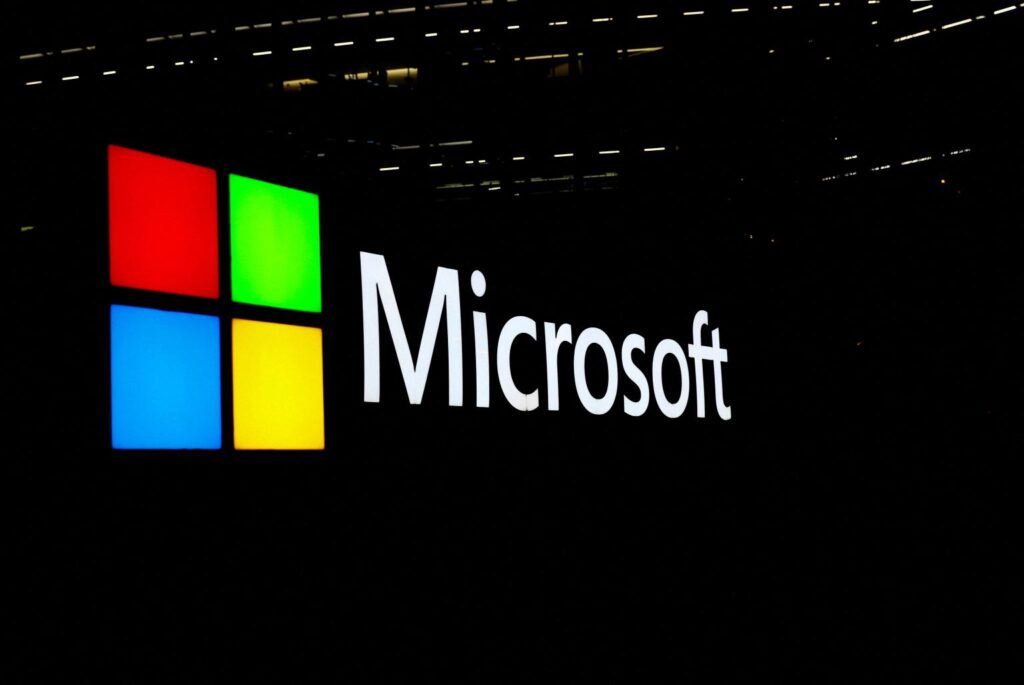
Microsoft echoed its commitment, having similarly supported past inaugurations, including a $500,000 donation to both President Joe Biden in 2021 and Trump in 2017.
The Bigger Picture: A Strategic Move
This wave of donations aligns with a broader effort by tech firms to foster goodwill with the incoming administration. Trump’s remarks about potential antitrust enforcement against Big Tech, particularly following Google’s 2024 monopoly ruling in its search engine business, have raised stakes for these companies.
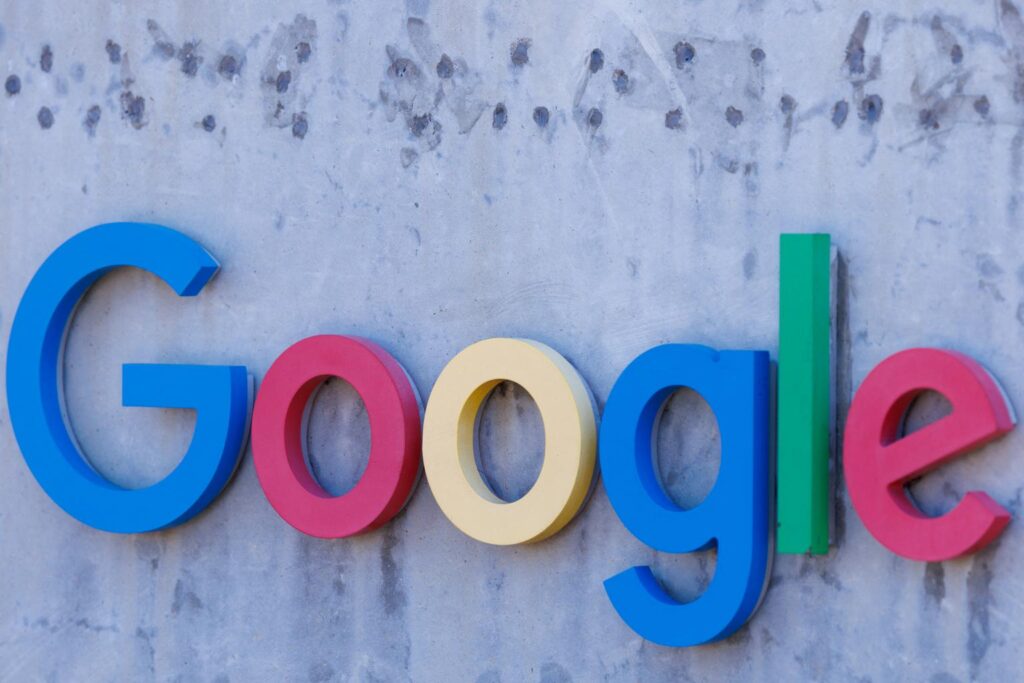
Meta, led by CEO Mark Zuckerberg, has taken additional steps to align with the Trump administration’s policies. Earlier this week, Zuckerberg announced the end of Meta’s fact-checking and content moderation policies—a move seen as a nod to Trump’s stance on free speech and censorship. The announcement follows Meta’s decision to reinstate Trump’s Facebook account, which had been banned post-January 6, 2021.
Zuckerberg, who has previously criticized Trump, has recently shifted his approach, dining with the president-elect and expressing intentions to collaborate on censorship-free social media policies.
Broader Implications
Trump’s renewed focus on antitrust issues has cast a shadow over Big Tech. His criticism of major platforms for stifling competition and limiting free speech has driven companies like Google, Meta, and Microsoft to engage more actively with the administration. For Google, which awaits the verdict of a second antitrust case concerning its advertising business, the stakes are particularly high.
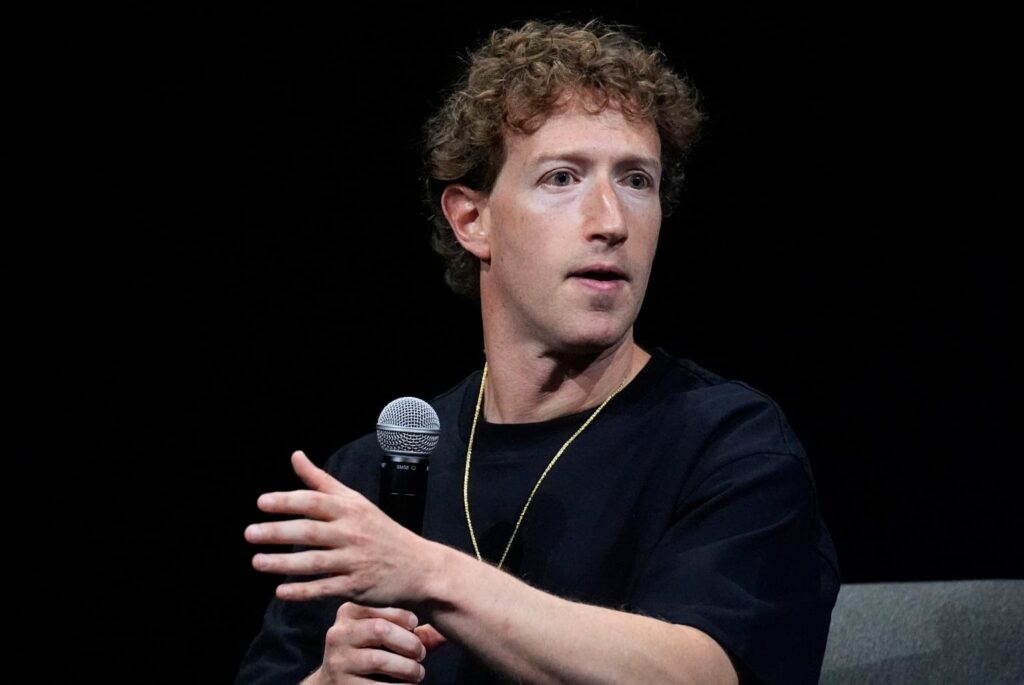
The Trump administration’s policies may also reshape the future of online content moderation and user privacy, areas where Meta and other platforms have faced intense scrutiny.
Building Bridges or Bridging Divides?
While these donations reflect a practical strategy to align with political leadership, they also reveal the deep interdependence between technology and governance. As major tech players invest in political goodwill, the evolving relationship between Silicon Valley and Washington will undoubtedly shape the trajectory of innovation, regulation, and public discourse in the years ahead.
Conclusion
As the 2025 inauguration approaches, the financial commitments from Google, Microsoft, Meta, and other tech firms underscore the delicate balance between regulatory concerns and corporate diplomacy. Whether these efforts will translate into tangible policy benefits remains to be seen, but they undeniably highlight the critical role technology companies play in modern political landscapes.









